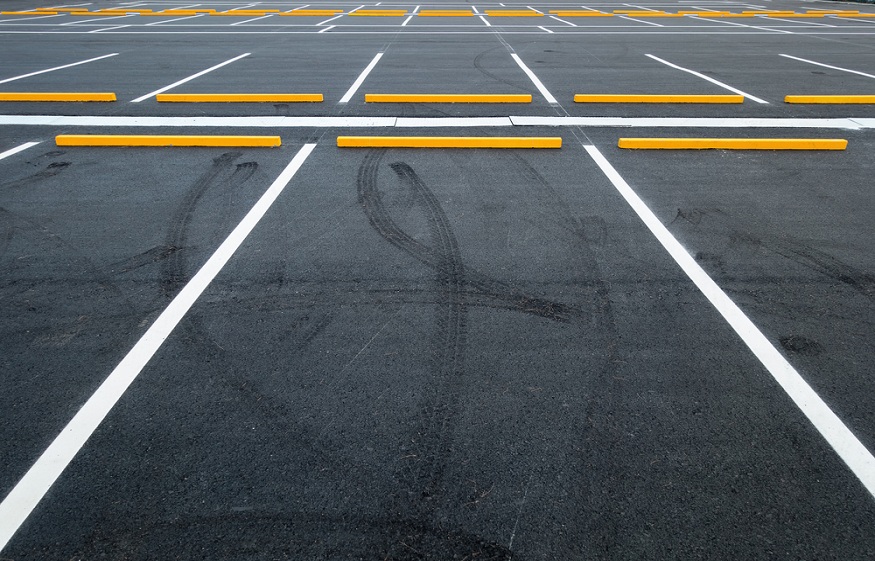
Even the best asphalt paving surface is liable to looking a bit shabby over time. This time can be very long, but the gradual effects of weathering – specifically the cacking action of water penetration and the growth of weeds which can later occur inside the cracks – will eventually become pretty conspicuous. In time, an asphalt road or other paved surface could even become unusable.
For those who need serious longevity, asphalt paving is usually the preferred option when compared to concrete paving. Parking Lot Pros, asphalt and concrete paving experts, say that concretepaving still has many different applications, given its more natural tones and suitability where asphalt would look very incongruous. But for things like roads, driveways, and parking lots, asphalt is more weather resistant and evenly compacted. And it lasts for a long time.
However, sometimes even the impressive longevity of asphalt is not enough for some applications. Lucky then that there is another option that can last even longer. Ormore accurately, there is a treatment that can be applied to asphalt paving which can not only double its longevity butalso provide all sorts of extra weather-resistant qualities. This is known as asphalt sealcoating, a process that provides an extra defensive layer to an asphalt paved surface, thereby preventing the weathering effects to which it is often subject. Nevertheless, to understand how it works and when you should use it, it is wise to look a bit closer and what asphalt itself is.
What is Asphalt?
Asphalt is a mixed substance that sets hard and even over that which it is laid. Specifically, asphalt is a mixture of an aggregate – which is usually something like crushed rock, sand, or gravel – mixed with a sticky black crude oil-derived substance known as bitumen. The bitumen fills all the spaces in between the aggregate (which gives the asphalt itself strength) and evens out the mixture, allowing it to be pressed flat into the surface on which it is laid, creating a smooth and secure substance.
Because all the empty space is filed with bitumen and sets hard, this makes the asphalt very resistant to the effects of weathering. Specifically, these effects normally involve water making it into the tiniest cracks or cavities. In cold weather, this water can freeze, expand, and widen the crack, which can then accept more water afterwards. This process repeating is what degrades asphalt over time, as well as the general wear caused by traffic rolling over it. This is where sealcoating comes in.
What is Sealcoating?
Asphalt sealcoating involves sealing up these cracks with an additional substance in order to halt this process of gradual widening. However, sealcoating is usually applied when the cracks are still very small, meaning it resembles more a layer being added on top of the asphalt.
Sealcoating is particularly effective because it adds an extra layer that does not just sit over the top but is also “rooted” in the small cavities underneath. It takes a very long time for anything – never mind only water – to penetrate this, and so asphalt seal coating really does have the potential to double the lifespan of any asphalt surface.
Asphalt sealcoating is the gold standard for longevity, but it might not always benecessary when the paving surface is not under serious threat from the elements. Accordingly, consider the climate where the paved surface is, how much use it will see and how important it is that it remains in top condition. If you conclude you need every protection available, then sealcoating is the way to go.





